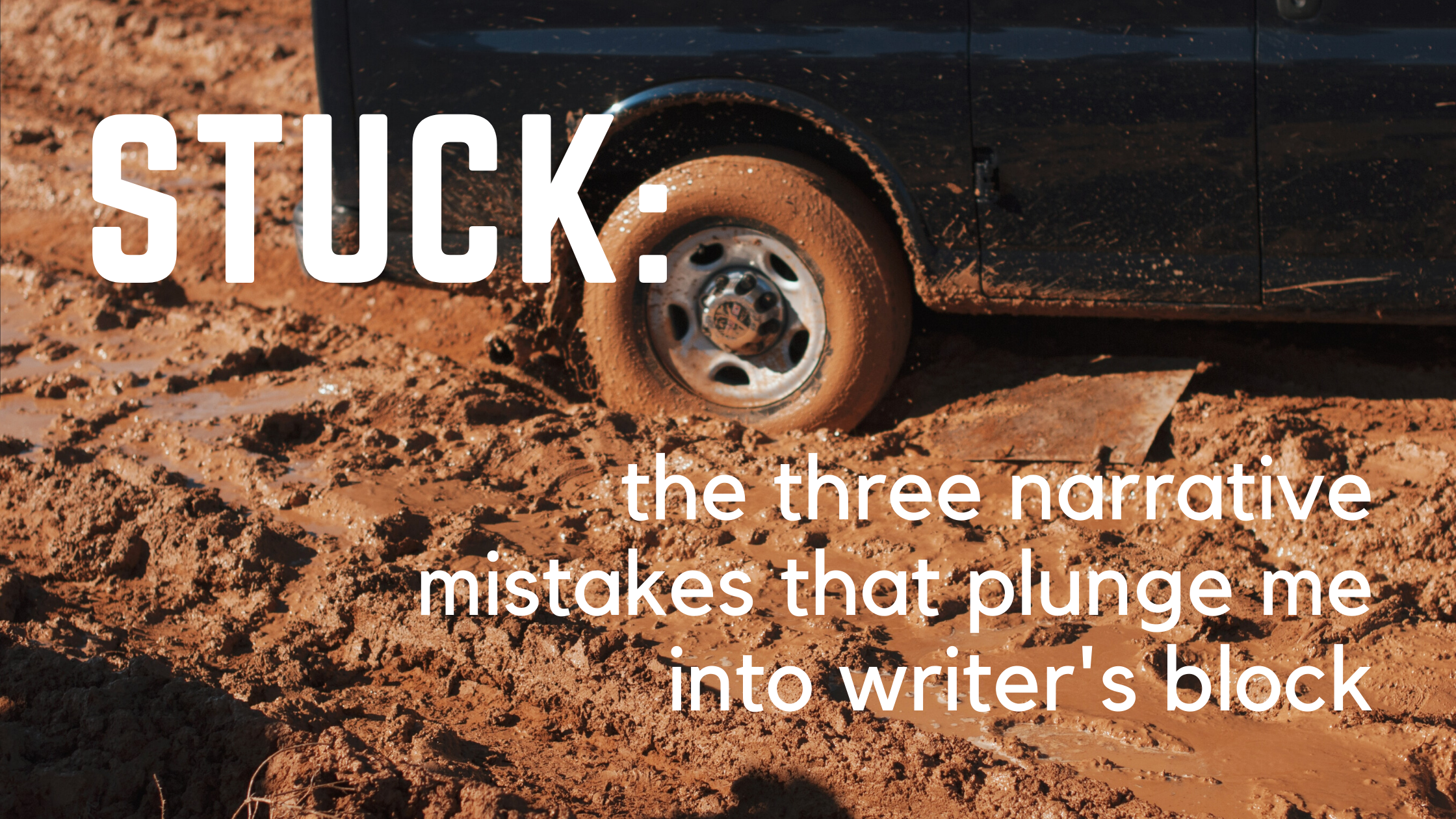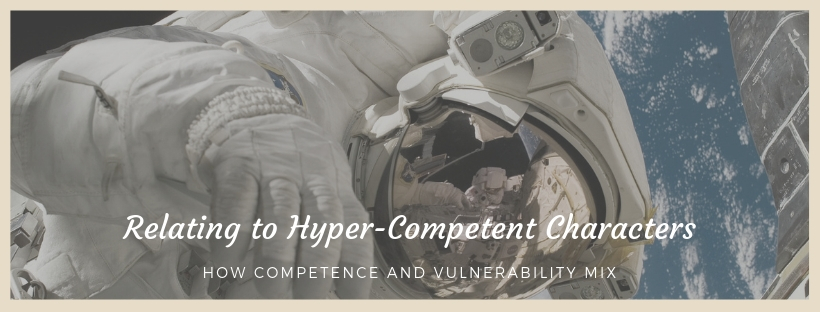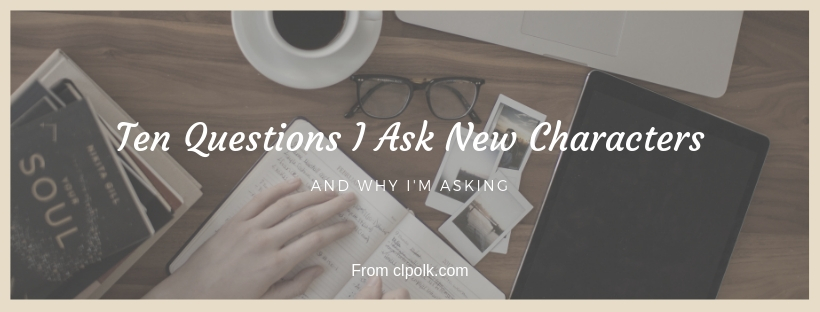Photo by Aubrey Rose Odom on Unsplash
1. lack of protagonist agency.
I’m one of those people who gets the plot first, and then has to bolt on a character to do the plot. this is an awkward fit because I know what’s going to happen, because I outlined it, so I often just make it happen to the character.
2. Too much information at once.
For the same reasons as 1. I know all the things. and sometimes I mis-estimate how much information the character should get, as a treat, and mainline a bunch of information all at once, in the form of new characters who know things.
3. Reasonable, rational, thoughtful, cautious characters who think everything through and choose the best solution.
I love my characters, they are precious, and so smart and reasonable, and I know what is the best solution for the problem they face, and so I let them have it.
those are my big three mistakes. I do them without thinking, and then I get to a point in my manuscript where i’m stuck, because something is wrong.
For me, the answer is always to find out which of my three major mistakes did I make in the last 10k words?
In my current wip? All three. oops
So this means (for me) that I have to go back, toss out those words, and start over, keeping these guidelines in mind:
1. Let the Character Act
2. Take some Information Away
3. Let the Character be Irrational
1. Let the Character Act.
2. Take some Information Away.
I like to pace things at what I call a brisk walk. a spirited pace. lively, even. but sometimes in my rush to put the pieces into place I overload the reader with information. I did a thing where i introduced my protag to SIX NEW PEOPLE in a scene–
3. Let the Character be Irrational
I don’t mean, let the character be completely unreasonable, or that thoughtful, cautious characters are bad writing or anything like that. I mean, people make mistakes. And sometimes they screw up when they’re trying to make things better.
Also, there’s something really relatable about a character who is trying to do the right thing, but doesn’t have enough information to get it right. or the character who gets frustrated and acts on that frustration.
But I let characters tiptoe through a floor scattered with lego, and they never step on a single one.
So my fix is to go back and examine the situation through my character’s – empathetic geniuses, all of ’em – through my character’s negative, fearful, people-pleasing, overly curious, impulsive, petty qualities.
I ask: How can my character screw this up without meaning to?
It’s been a long time since I published a craft blog post, but I haven’t quit talking about craft. I made a Patreon account, and I have posts there about things like
- a synopsis writing guide that will help expose structural manuscript problems
- how to evaluate a scene to make sure it’s doing the right things
- how to build a story when all you have is a character
I do a new writing related post every month, available to patrons on a sliding scale basis – pick the level of patronage you can afford and you’re in!
Starting in August I am starting a Live Sessions tier, where I will explore a subject about the craft and business of writing on zoom, where you can ask more questions. Look for it then!


